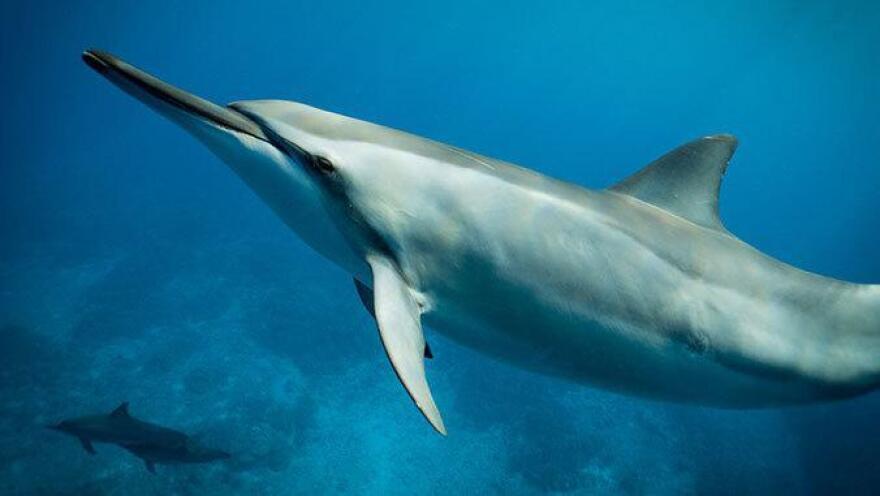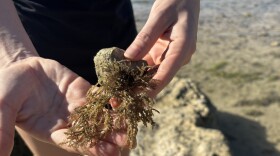Scientists at the University of Hawai‘i have found traces of a deadly virus in dolphins by studying their feces using new, non-invasive testing methods.
Fraser’s morbillivirus causes respiratory and neurological disease in mammals. The disease is responsible for the mass mortalities of dolphins and whales during outbreaks.
Researchers collected feces from a stranded dolphin infected with the virus. The feces were then diluted using seawater and analyzed for the infectious disease.
“This is the first time that a pathogen responsible for mass mortalities of dolphins and whales, and that affects multiple organ systems other than the digestive tract, has been demonstrated in the feces of whales and dolphins,” said Kristi West, lead author and an associate researcher at the Hawaiʻi Institute of Marine Biology in a news release.
Cody Clifton, a co-author and graduate student at the College of Tropical Agriculture and Human Resources, said testing on live animals can be difficult. He said this study provides a new method for testing infectious diseases in wild dolphins and whales without having to come in contact with them.
The findings of this research were published in the Marine Mammal Science journal in August.
The U.S. Navy and NOAA Fisheries funded the research.





